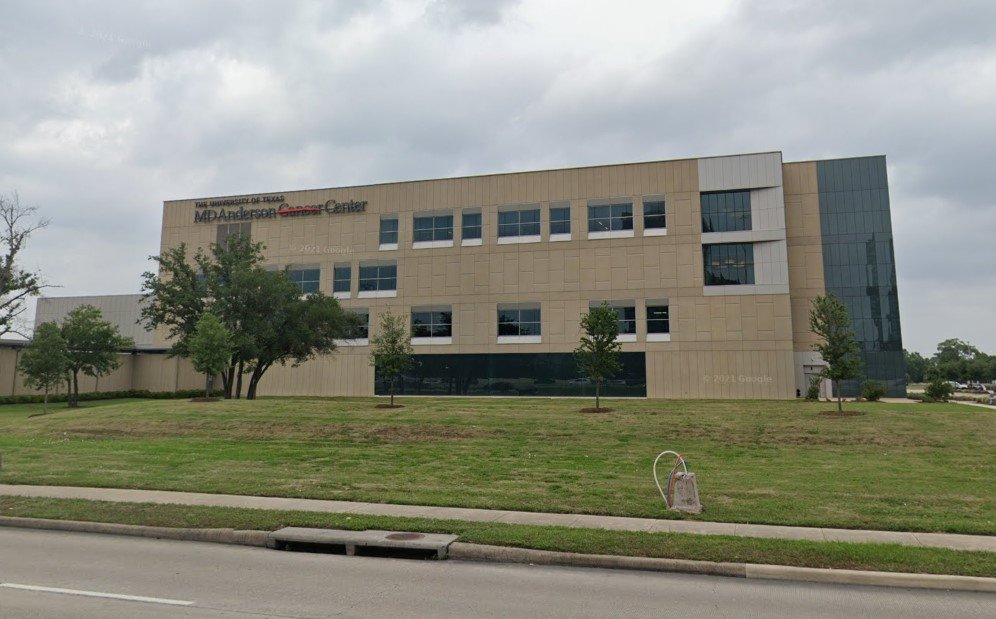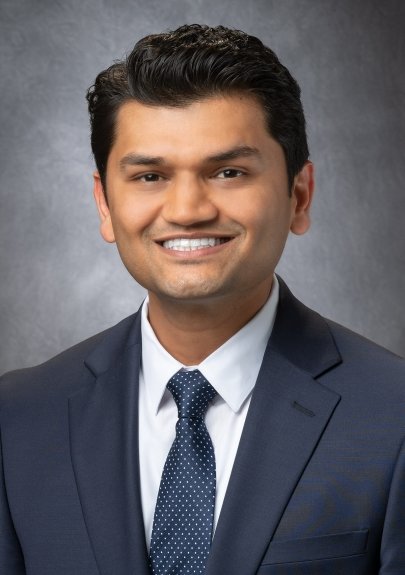Breast cancer treatability has improved says M.D. Anderson oncologist
A diagnosis of any kind of cancer, including breast cancer, can be a shock to the system, but Dr. Ajit Bisen – an oncologist that specializes in breast cancer treatment at the University of …
This item is available in full to subscribers.
Attention subscribers
To continue reading, you will need to either log in to your subscriber account, or purchase a new subscription.
If you are a current print subscriber, you can set up a free website account and connect your subscription to it by clicking here.
If you are a digital subscriber with an active, online-only subscription then you already have an account here. Just reset your password if you've not yet logged in to your account on this new site.
Otherwise, click here to view your options for subscribing.
Please log in to continue |
Breast cancer treatability has improved says M.D. Anderson oncologist
A diagnosis of any kind of cancer, including breast cancer, can be a shock to the system, but Dr. Ajit Bisen – an oncologist that specializes in breast cancer treatment at the University of Texas MD Anderson Cancer Center – wants patients to know that life continues after breast cancer.
“I think that one mistake would be just really not knowing that oftentimes the word cancer – sometimes people feel that it may be a death sentence,” Bisen said. “Specifically, when it comes to breast cancer, I would like to emphasize that most breast cancer is cured, especially if it’s caught early.”
Bisen said that over the last decade and even before that, breast cancer diagnosis methods and treatments have improved significantly. Early diagnosis helps provide better outcomes for patients which leads to a higher quality of life and better treatment plans. Those advances have resulted in treatments that cause fewer side effects than chemotherapy and radiation and make cancer treatment much less intrusive into patients’ lives than in the past.
“Treatment tailored correctly and monitored closely, people are able to keep their jobs,” Bisen said. “We have patients that are doctors, dentists and teachers, and they’re able to work.”
The patient may need a day off here and there, Bisen said, but overall they can maintain a relatively active lifestyle, especially if their treatment regiment keeps them off of more side-effect-intensive treatments such as chemotherapy or radiation.
Bisen said new therapies such as antihormonal treatment for breast cancer patients can fight cancer and aid the patient in avoiding side effects such as reductions in the effectiveness of patients’ immune systems. With the new therapies and older technologies combined, Bisen said breast cancer is curable in most patients for most forms of breast cancer and other factors in each prognosis.
“These would include what time of breast cancer, what stage, what is our goal,” Bisen said. “Is our goal cure? By the way, about 90% to 91% of breast cancer patients, we aim for curing.”
Bisen said he strongly encourages patients to ask as many questions as possible. Those questions assure medical staff that the patient is engaged in their care and knowing the answers to their questions helps the patients become better advocates for themselves throughout their treatment.
“Ultimately, they are the drivers and they’re the advocates for their own care, but we’re part of the team,” Bisen said. “And, you know, I would like to say that we feel as though (the patients are) our family.”
Bisen also acknowledged that any cancer diagnosis, breast cancer or otherwise, is stressful and medications can sometimes make it difficult to focus. Having an advocate attend meetings or be on the speakerphone during doctor appointments can help keep care plans organized and ensure that the patient’s at-home support group such as family and close friends know what is going on and can help the patient stay on track with treatment.
Bisen also acknowledged that a breast cancer diagnosis can have mental health impacts that should be addressed. MD Anderson offers a variety of stress management tools to help patients maintain their mental health and stay positive during their treatment, he said.
Bisen said that about one in eight women will get breast cancer in their lifetimes and the key to successful treatment is to get a diagnosis as soon as possible. This is why screenings and follow-up testing to find out the details of the type of breast cancer a patient has is important.
According to BreastCancer.org, breast cancer also occurs in men but at a lower rate of about one in every 833 males.
Breast cancer is heterogeneous – or varied in its types and impact on the body, Bisen said.
“Breast cancer is not just one type of cancer,” he said. “When you have a diagnosis of breast cancer, we look at several different characteristics of the cancer such as if it is a hormone receptor positive breast cancer versus a hormone receptor negative breast cancer.”
Based on a complete and thorough diagnosis, the patient’s medical team will develop the most optimally successful and minimally impactful treatment plan they can, Bisen said. With that, and as advances in the treatment of breast cancer continue, breast cancer is not a death sentence, but rather a challenge to overcome with proper treatment.
Regardless of anything, the idea is to ensure the highest quality of life for patients possible, Bisen said.
“We focus on cure, but even with metastatic breast cancer, you know, stage four breast cancer patients should know we have a lot of different treatments and women are able to live a long period of time.”
Keywords
Breast Cancer Awareness Month, Breast Cancer, Ajit Bisen, MD Anderson Cancer Center, MD Anderson











